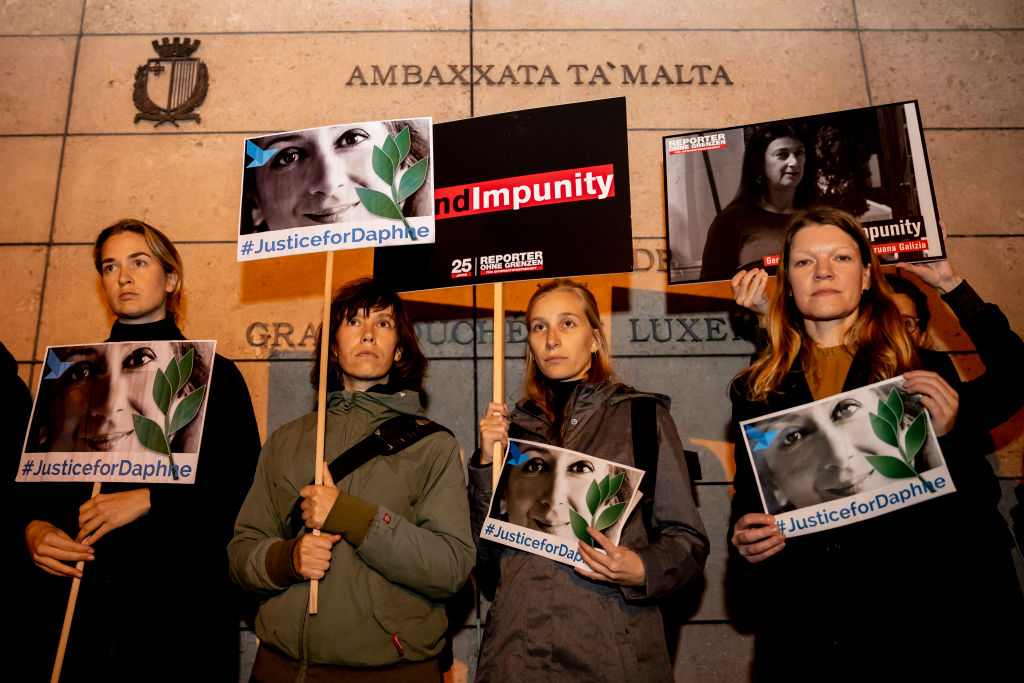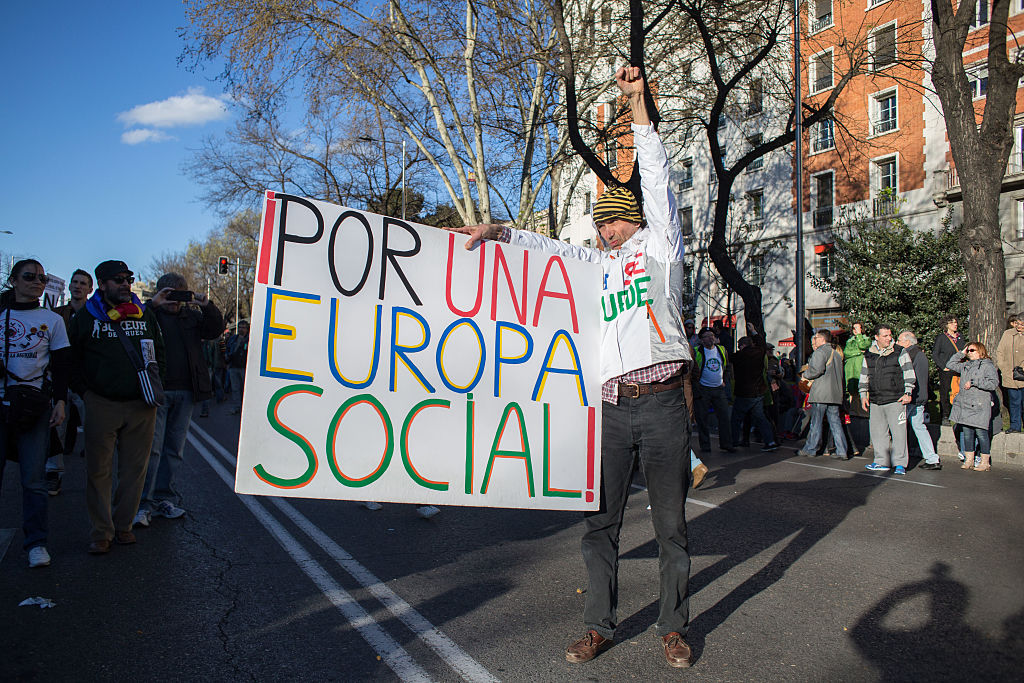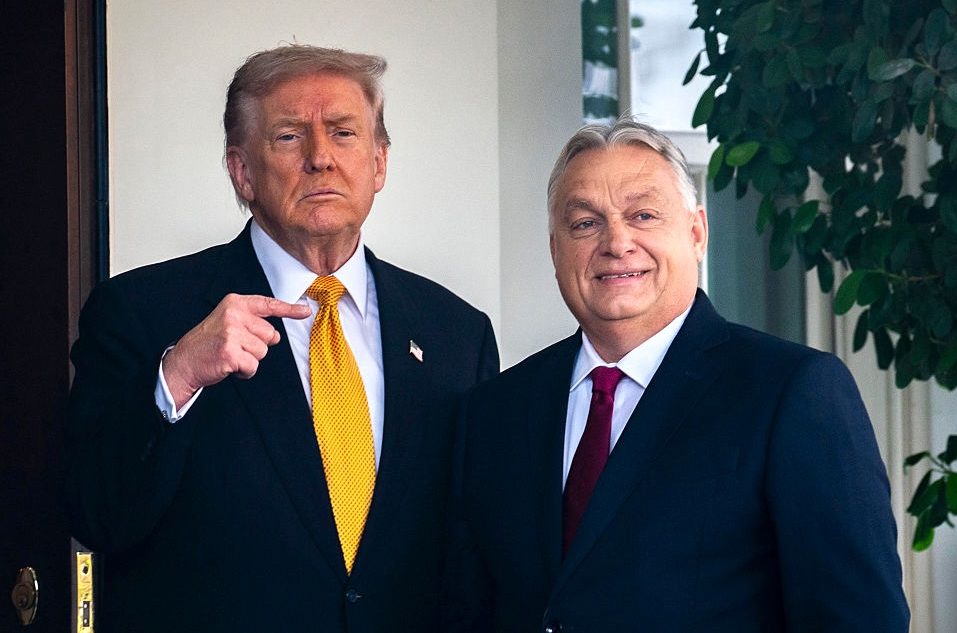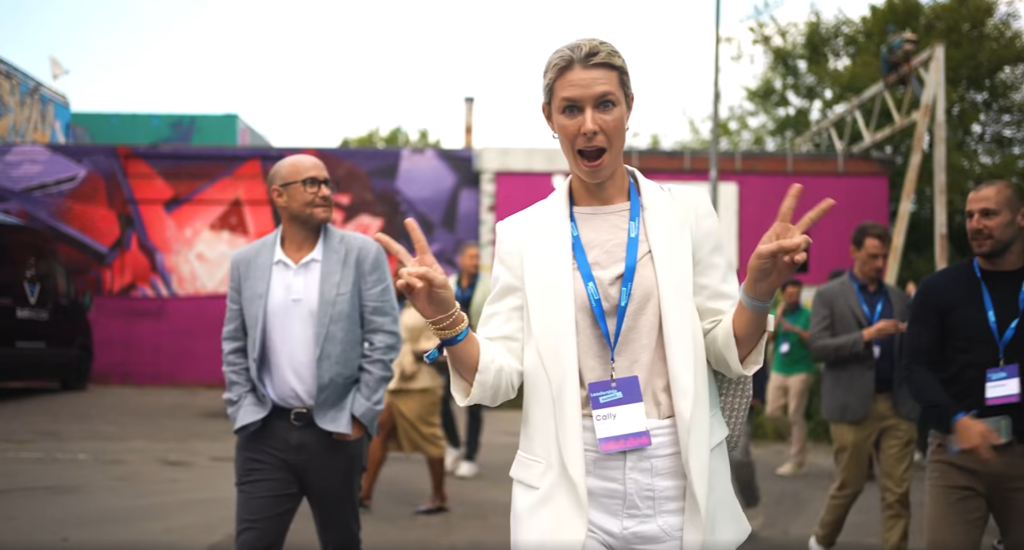Reporting the truth has become a deadly business – Europe must confront impunity
Violence against journalists is not an accident of war or politics – it is a strategy. And impunity now thrives in digital spaces governed by opaque algorithms and weak accountability

Reporting the truth has become a deadly business. According to UNESCO’s Observatory of Killed Journalists, more than 1,800 journalists were killed worldwide between 2006 and 2025, and nearly 90% of cases remain judicially unresolved. Behind every statistic is a silenced voice, a story untold, and a community left in the dark.
On 2 November, UNESCO marks the International Day to End Impunity for Crimes against Journalists, established after two French reporters were murdered in Mali in 2013. The date has become a sombre reminder that violence against journalists is not an accident of war or politics – it is a strategy. And one that continues to thrive precisely because justice so rarely follows.
This year’s theme – Chat GBV: Raising Awareness on AI-facilitated Gender-Based Violence against Women Journalists – exposes how new technologies are magnifying old dangers. Artificial intelligence now fuels disinformation, deepfakes and targeted harassment, making digital abuse as corrosive to press freedom as physical attacks once were.
UNESCO’s research shows that 73% of women journalists face online threats, with one in four also targeted offline. In Zimbabwe, 63% of female reporters have been victims of technology-facilitated gender-based violence; in Ukraine, the figure reaches 81%. Impunity, once confined to courtrooms that never open, now thrives in digital spaces governed by opaque algorithms and weak accountability.
Europe likes to see itself as a champion of press freedom. Yet it, too, has a dark side. The murders of Daphne Caruana Galizia in Malta, Ján Kuciak in Slovakia, Giorgos Karaivaz in Greece and Peter R. de Vries in the Netherlands show that even within the European Union, speaking truth to power can cost a life. Online harassment – particularly of women – is also rising across our continent, often politically orchestrated and tolerated by silence.
To its credit, the EU has begun to act. The European Media Freedom Act, the Digital Services Act and the Anti-SLAPP Directive are steps in the right direction. But declarations mean little without enforcement. The Union cannot lecture others about human rights while failing to protect those who expose corruption at home.
Europe must therefore match ambition with action. Member states need to ensure that crimes against journalists are fully investigated and prosecuted, with transparent judicial reporting. Large online platforms must be held liable for AI-driven abuse under the Digital Services Act – not through voluntary codes but binding obligations. And gender-sensitive safety protocols must become a standard feature of newsroom practice across the continent.
The European Parliament has already warned of the “chilling effect” of online harassment. With the rise of generative AI, that chill risks becoming a freeze. A single deepfake can ruin a journalist’s credibility overnight. A coordinated campaign of synthetic hate can drive her offline altogether. The cost is not merely personal; it is democratic. When journalists are silenced, societies are blinded.
UNESCO’s 2025 campaign, and the UN Plan of Action on the Safety of Journalists, call for renewed global cooperation. Europe should integrate these principles into its AI governance and external democracy policies – funding investigative safety networks, supporting exiled reporters, and embedding press freedom in its digital rulebook.
The International Day to End Impunity is not a ritual of remembrance. It is a test of political will. If Europe truly believes in the rule of law and the right to know, it must prove that no one who threatens or kills a journalist – whether with a gun or an algorithm – will escape justice.
Peter Vandermeersch is a Belgian journalist. He is a former newspaper editor of De Standaard in Brussels and NRC Handelsblad in Amsterdam and is the former CEO of The Irish Independent and the Belfast Telegraph.






